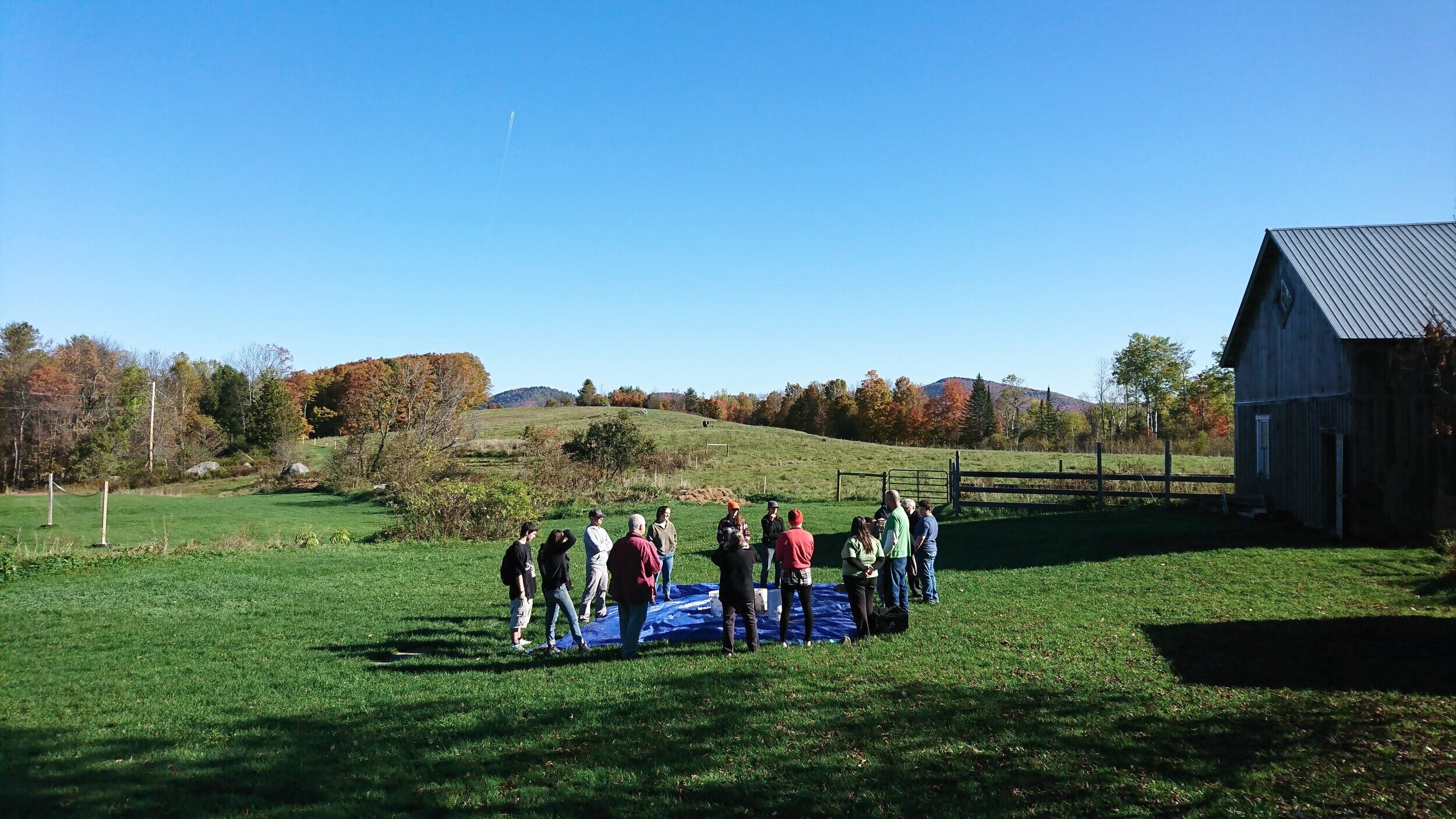
Who We Are
Since 1966, Elmhill Incorporated has created various programs to serve Vermont youth. In 1989 it founded Maplehill School…
Elmhill, Inc., operates as a 501 (c) (3) non-profit charitable organization. Originally Elmhill provided a group home for adolescents, parent support, adolescent advocacy, and educational programs.
Currently, Elmhill oversees the operations of Maplehill School, Maplehill Farm, the Maplehill School AmeriCorps Volunteer program and the Elder Outreach Project.
Our Students
Maplehill School students are Vermonters, many of whom are referred by their local school in order to receive specialized services as defined by their Individual Education Plan (IEP) or 504 Plan. Most enroll to address patterns of behavior that are disruptive to their education. Often, these behaviors are surface to underlying emotional issues as well as specific learning difficulties. Students who are successful at Maplehill School tend to be more responsive to relationship- based intervention than behavior modification. Students work either to graduate from Maplehill School or to gain re-entry into their sending school. Maplehill School also enrolls privately placed students who are seeking an alternative to the traditional high school experience.
We are committed to staying informed on the latest evidence-based practices. All staff attend regular trainings throughout the year that include: Developmental Trauma, Crisis Prevention Intervention, Life Space Crisis Intervention, Verbal De-escalation Techniques, Mandated Reporter Certification, and Neuro-Diversity and Critical Friends.
Maplehill School maintains approval by the State of Vermont Agency of Education to provide Special and General Education services for adolescents and young adults from 4th through 12th grades.
We believe…
• in honoring student authenticity
• in each student’s strengths
• in varying interests and abilities
• in diverse learning styles
We achieve our mission by…
• stewarding our land responsibly
• growing our own food
• land and community based learning
• project-based and experiential learning
• small group and one:one learning
• teaching restorative practices
• nurturing resilience and self reflection
• employing effective and curious staff

